Our Projects
Discover how we're transforming communities and environments through innovative plastic waste management solutions
Informing with Impact: 16 Recycled Info Boards Installed In Ruby Valley
In partnership with Karuna-Shechen, Kleanit Upcyclers implemented the Sketchen Kauna Project, transforming 320 kg of difficult-to-recycle Multi-Layered Plastics (MLPs) into 16 durable information boards. These installations not only provide public education but also stand as symbols of sustainable design, showcasing how low-value plastics can be repurposed into meaningful urban infrastructure.

Plastic Waste at the Peak: Kleanit Upcyclers Benches Installed Along Everest Base Camp Route
Project Mt. Everest by Kleanit Upcyclers transformed 1,760 kg of difficult-to-recycle Multi-Layered Plastics (MLPs) into 16 durable, three-seater benches installed along the iconic Everest Base Camp trail. Designed to withstand extreme Himalayan conditions, the project integrates sustainability with adventure, proving that recycled plastic can deliver comfort, durability, and environmental impact in one of the world’s harshest environments. Part of STRL 3.
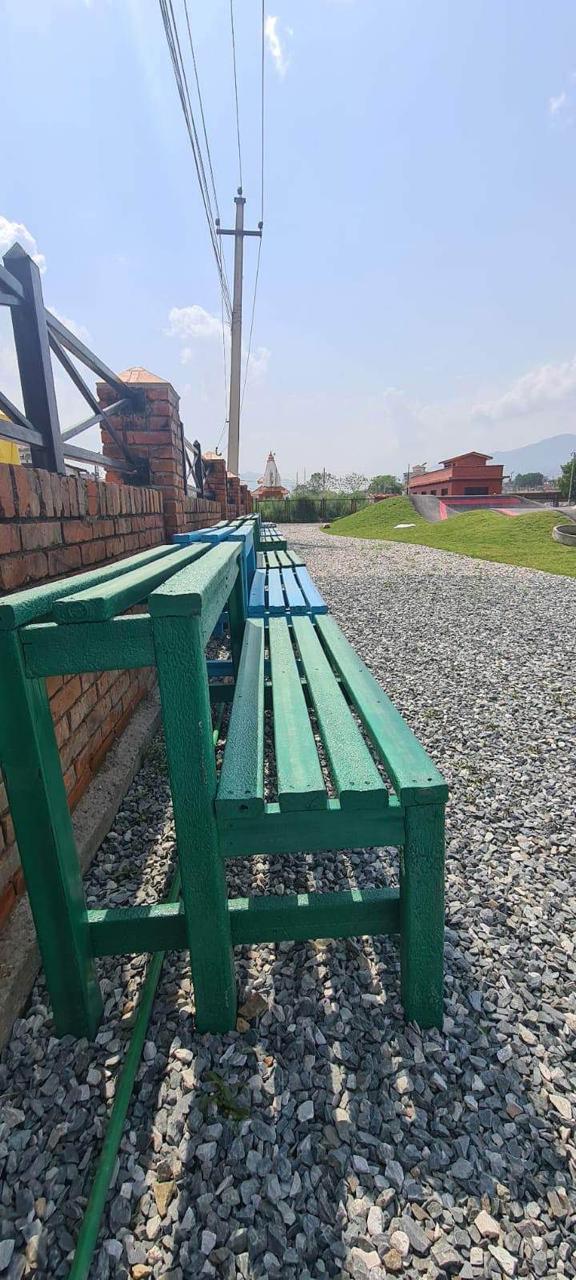
UNDP Accelerator Lab Partnership
This groundbreaking partnership represents our largest community impact project to date. Working closely with UNDP Nepal's Accelerator Lab and Blue Waste to Value, we've successfully converted over 2000kg of plastic waste, primarily shampoo bottles, into 20+ durable public benches installed across Lalitpur Metropolitan City. The project demonstrates the practical application of circular economy principles while creating tangible community benefits.
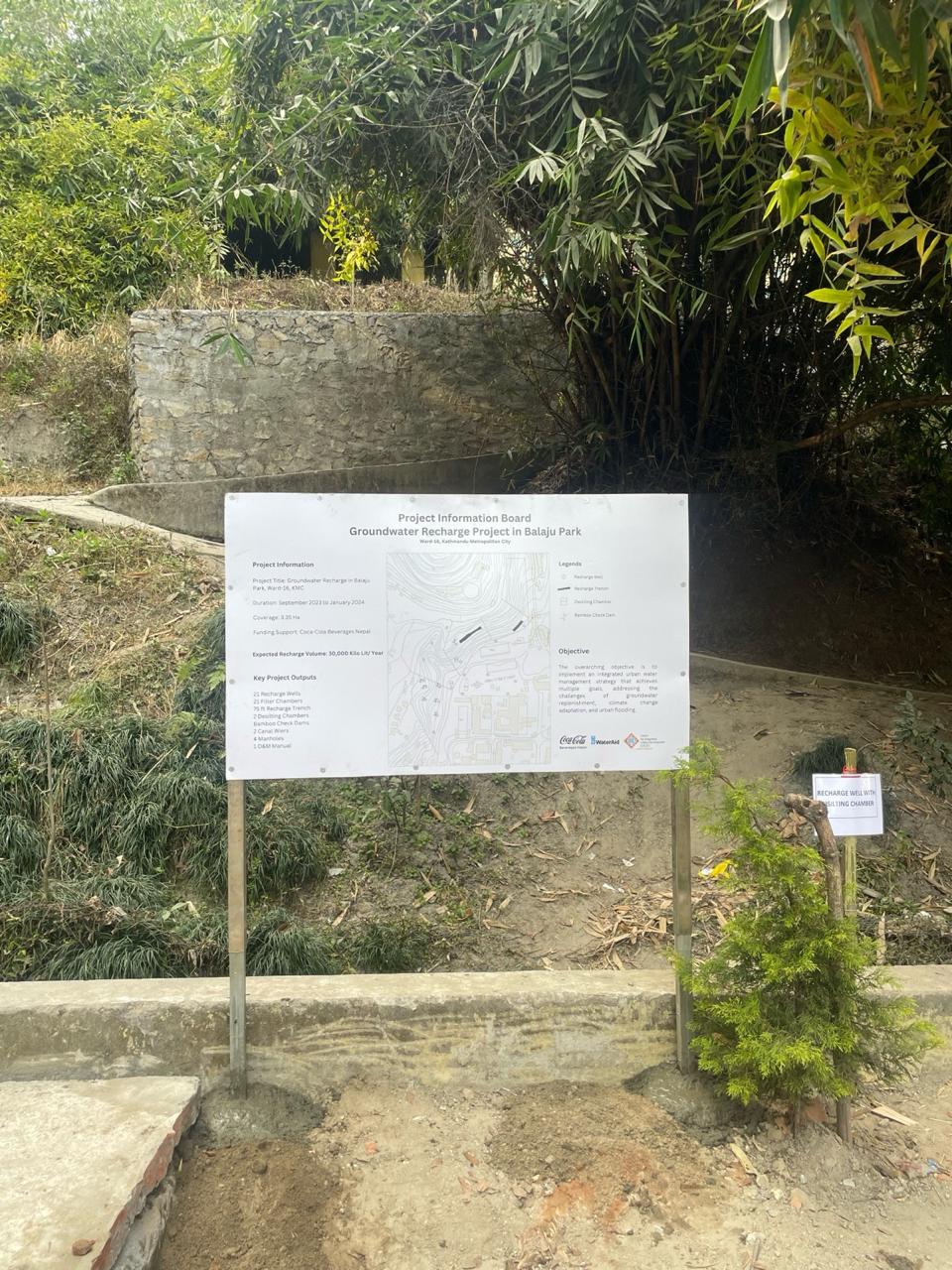
From Waste to Wayfinding: Recycled Plastic Info Board Installed in Kathmandu
The CIUD Project by Kleanit Upcyclers transformed 20 kg of hard-to-recycle Multi-Layered Plastics (MLPs) into a durable public information board in Kathmandu. Beyond serving as an informational display, the board symbolizes innovation in circular design, turning waste into infrastructure and sparking awareness about sustainable urban development.
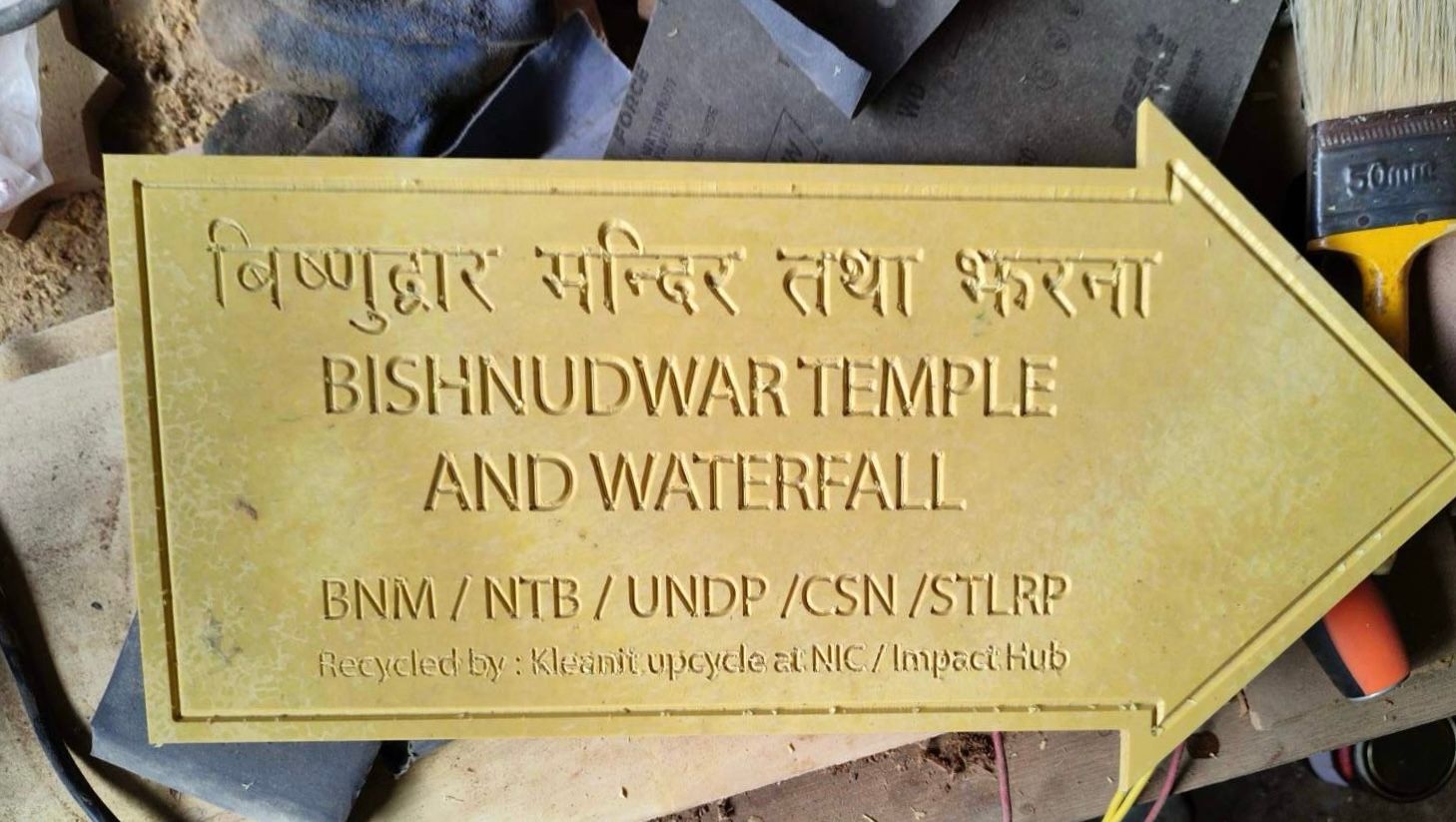
Recycled Plastics Meet Public Spaces: Signage and Benches in Budhanilkantha
Through Project STLRP 2, Kleanit Upcyclers transformed 370 kg of discarded polypropylene (PP) plastics and Multi Layered Plastics (MLP) into 5 durable benches and 8 informational signage boards in Budhanilkantha. By merging cultural significance with sustainable infrastructure, this initiative demonstrates how plastics without monetary recycling value can be reborn as weather-resistant, long-lasting public assets that enhance tourism, community experience, and environmental responsibility.
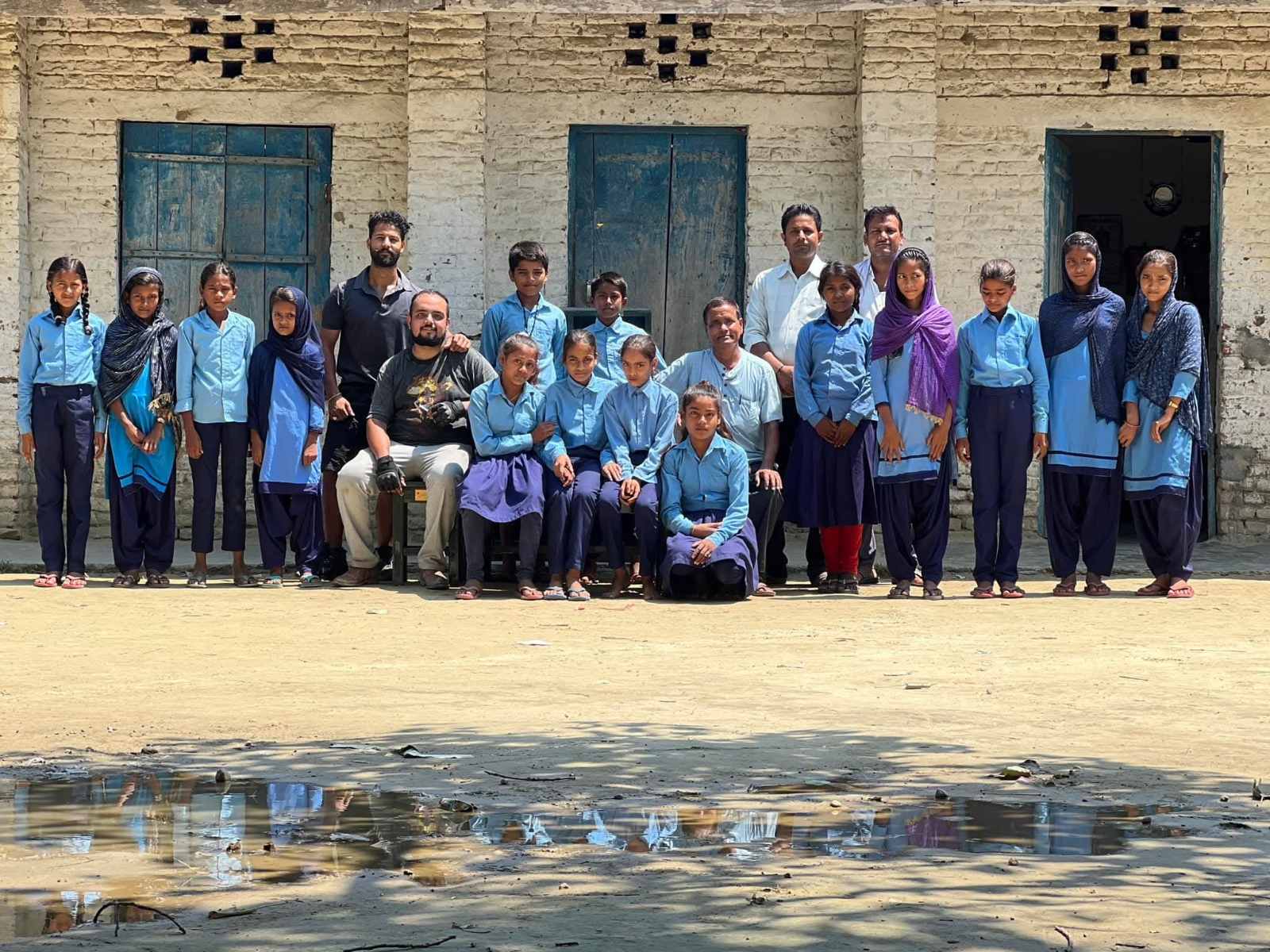
Transforming Plastic Waste into Purpose: Kleanit Upcyclers and UNDP Support 25 Schools in Nepal
In collaboration with the United Nations Development Programme (UNDP), Kleanit Upcyclers produced and donated 150 pieces of school furniture—crafted entirely from non-monetary-value Multi-Layered Plastics (MLPs)—to 25 schools across Sarlahi and Rautahat districts. By diverting 6,760 kg of hard-to-recycle plastics from landfills, the project created durable, functional furniture that improves learning environments while showcasing the power of circular design in community development.
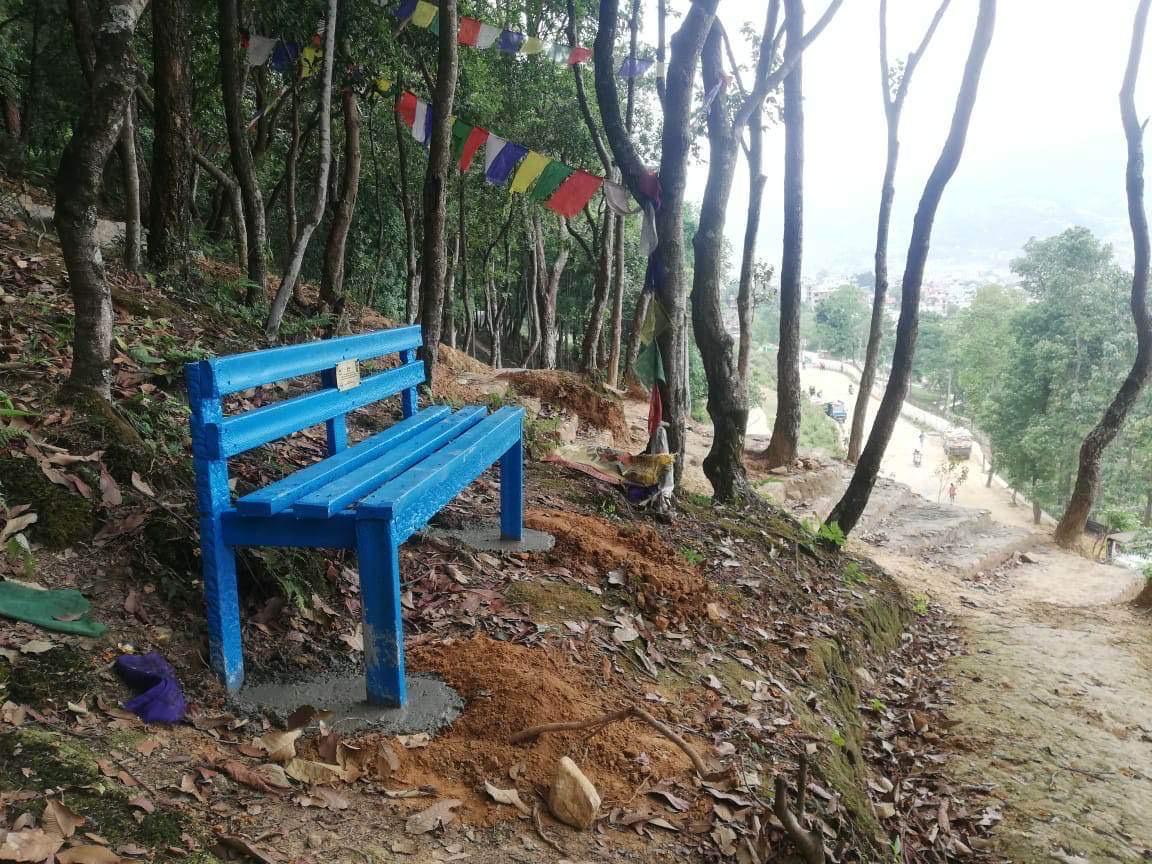
Scaling Impact with Style: 10 Benches Deployed Under STRLP 1
Project STLRP, executed by Kleanit Upcyclers in partnership with the Nepal Tourism Board (NTB), introduced 10 three-seater benches crafted entirely from recycled polypropylene (PP) plastics and Multi Layered Plastics (MLP). By transforming 500 kg of low-value plastic into durable, weather-resistant public seating, the project demonstrates the scalability of sustainable furniture design, proving that eco-conscious infrastructure can be both functional and replicable across Nepal.
Please Project
The Please Project, implemented in partnership with Kirtipur Municipality, aims to empower a group of eight inspiring women entrepreneurs by providing hands-on community education and practical tools for sustainable enterprise development. Through this initiative, Kleanit Upcyclers supported the setup of essential recycling machinery for the women’s group and showcased environmental protection through the installation of a Trash Boom at the Balkhu River in Kalanki. The project blends environmental stewardship with economic empowerment, enabling women to lead income-generating activities rooted in circular economy principles.
Kamalpokhari STRLP 2
The Kamalpokhari STRLP 2 Project represents a collaborative effort under the STRLP initiative led by the Nepal Tourism Board (NTB), alongside Kathmandu Metropolitan City, UNDP, and Blue Waste to Value. Through this project, Kleanit Upcyclers contributed to enhancing the Kamalpokhari public space with durable recycled-plastic benches. By diverting 3,290 used 100ml shampoo bottles—equal to 50 kg of plastic—and utilizing an additional 200 kg of processed material, the project showcases how reclaimed waste can be transformed into functional, long-lasting urban infrastructure. This installation reinforces sustainable tourism goals while offering improved amenities for the general public.
FHI-360 Clean Air Project
As part of the HI-360 Clean Air Project, Kleanit Upcyclers collaborated with FHI-360 and local municipalities to install 15 recycled plastic benches across Tokha, Hadigau, and Kirtipur. The initiative aims to enhance public spaces while promoting the importance of clean air and sustainable urban design. By integrating recycled materials into everyday infrastructure, the project showcases how environmental responsibility and community comfort can go hand in hand.
GCRU (Green Job Creation Through Recycling and Upcycling) Project
The GCRU (Green Job Creation Through Recycling and Upcycling) Project focuses on establishing RU enterprises and providing comprehensive training to aspiring entrepreneurs in Pokhara. In collaboration with UNDP, Doko Recyclers, and Pokhara Metropolitan City, this initiative empowers individuals by equipping them with the skills and tools needed to turn recyclable and non-monetary-value plastics into valuable products. The project not only supports livelihood creation but also strengthens Pokhara’s commitment to sustainable waste management and circular economy practices. Through community-centered training sessions and enterprise setup support, the project aims to create green jobs while reducing environmental impact.
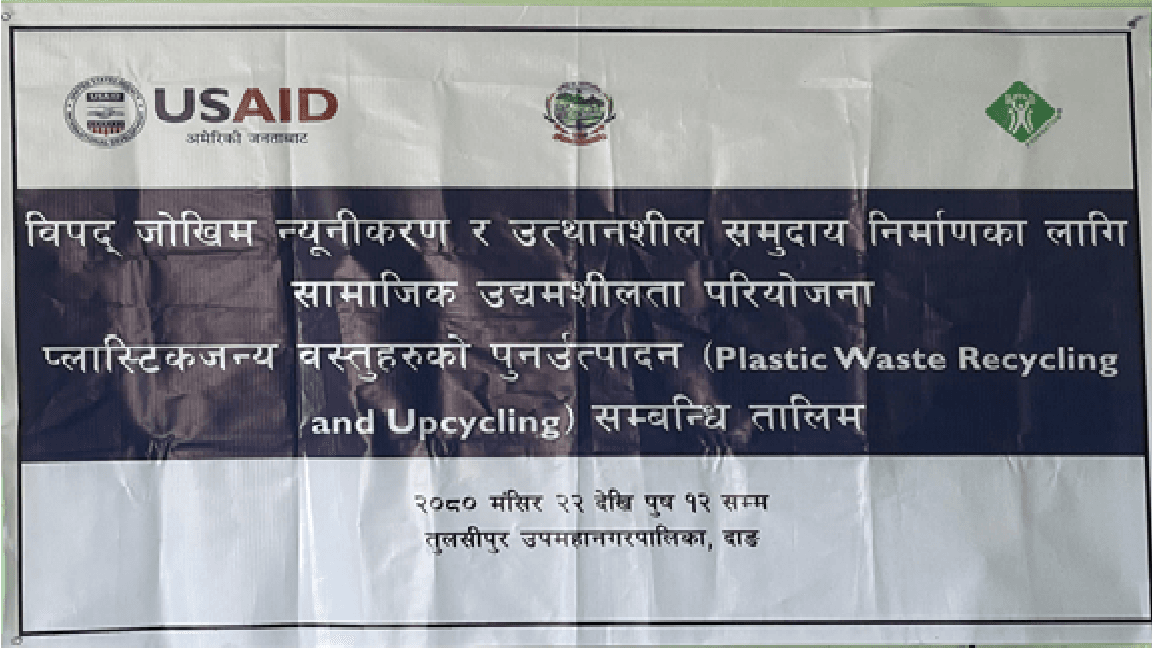
Waste Plastic Recycling and Upcycling Vocational Training
The Waste Plastic Recycling and Upcycling Vocational Training in Tulsipur, Dang was a 21-day capacity-building initiative designed to empower local women through practical skills in plastic waste management, recycling technologies, and eco-entrepreneurship. Conducted with the support of BATAS Foundation, Tayar Nepal, USAID, and Tulsipur Sub-Metropolitan City, the program combined theoretical learning with extensive hands-on workshops, enabling participants to convert low-value plastic waste into functional, market-ready products such as benches, stools, flower pots, and notebook covers. This initiative aimed to reduce local plastic pollution, strengthen green livelihood opportunities, and foster a community-led circular economy model in the Dang region.
Chandragiri STRLP 5
The Chandragiri STRLP 5 project focuses on strengthening local public infrastructure to enhance community well-being and support sustainable tourism activities in the region. Implemented in collaboration with Nepal Tourism Board, UNDP, and Chandragiri Municipality, the initiative seeks to upgrade shared spaces, improve user convenience, and create a more welcoming environment for both residents and visitors. By introducing durable, functional, and environmentally conscious infrastructure enhancements, the project contributes to improved mobility, community engagement, and long-term urban resilience. It represents a strategic effort to blend public utility with sustainable development goals.